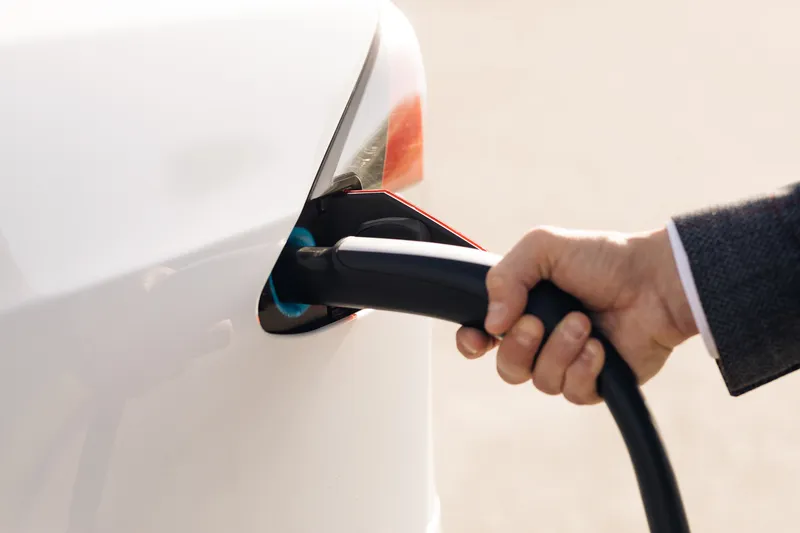Swiss power and automation company Asea Brown Boveri (
Called HVC 450P, the fast chargers are said to recharge batteries in three to six minutes and provide 450 kW Direct Current output power. They utilise the OppCharge standard, using an overhead pantograph to connect the charger to conductive rails atop the bus and will be installed at endpoints of the routes, each between 12 and 15 kilometres-long. Buses will be recharged at the end of their routes during layover time.
The chargers are part of ABB's Ability portfolio of connected solutions, which are designed with the intention of allowing operators to monitor and configure charge points remotely.
Tide Buss will run the fleet on behalf of the Trøndelag County Council (TCC) with operations scheduled to start in August next year.
Per Olav Hopsø, head of the transport committee of the TCC said: "Working with ABB enables us to deliver a high quality and reliable solution, which allows operators from different networks to work simultaneously and share infrastructure. This not only provides good economies of scale and return on investment, but continues to support our forward-thinking approach in delivering first-rate modern infrastructure for our region. With the help of innovative companies such as ABB, public transport within the city of Trondheim will soon be fossil free.”
ABB to supply fast chargers for Norway electric bus project
Swiss power and automation company Asea Brown Boveri (ABB) will supply four Heavy Vehicle Chargers (HVCs) to Trondheim’s dual-manufacturer electric bus program as part of the Norwegian city's commitment to mass electric transportation. The solutions will be delivered in February 2019 and will charge 25 Volvo buses and 10 Heuliez models across four routes. Called HVC 450P, the fast chargers are said to recharge batteries in three to six minutes and provide 450 kW Direct Current output power. They utilise
March 1, 2018
Read time: 2 mins








